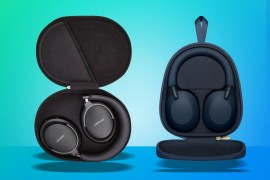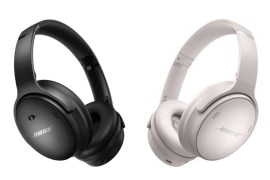Everything you need to know about MQA: ‘lossless’ in a compressed format
The best format for audiophiles’ audio files? It’s certainly the most convenient

UPDATE: The company behind streaming format MQA has entered administration (official documentation) and its future is uncertain. Tidal’s CEO recently said on Reddit that the streaming service would use FLAC for Hi-Res lossless streaming which threw doubt on Tidal’s current MQA support for Tidal Masters.
Original article continues below
Convenience versus quality. It’s a conundrum music lovers wrestle with all the time: would you rather download giant FLAC files that sound identical to the original studio master but need to be physically stored on devices, or simply stream highly compressed music via Spotify, Apple Music or Deezer – a little less pristine but available anywhere with an internet connection?
MQA aims to settle the debate – or rather make it redundant. It’s a recently launched audio codec that offers lossless quality in a streamably compressed size. The idea is that it’s the best of both worlds, pleasing both golden-eared audiophiles and millennials who want great-sounding music but wouldn’t dream of using cables where wireless is available.
Read on and we’ll explain why you should make sure your next hi-fi or portable player is MQA compatible.
Illustration by Alexander Wells – Folioart.co.uk
So what exactly is MQA?
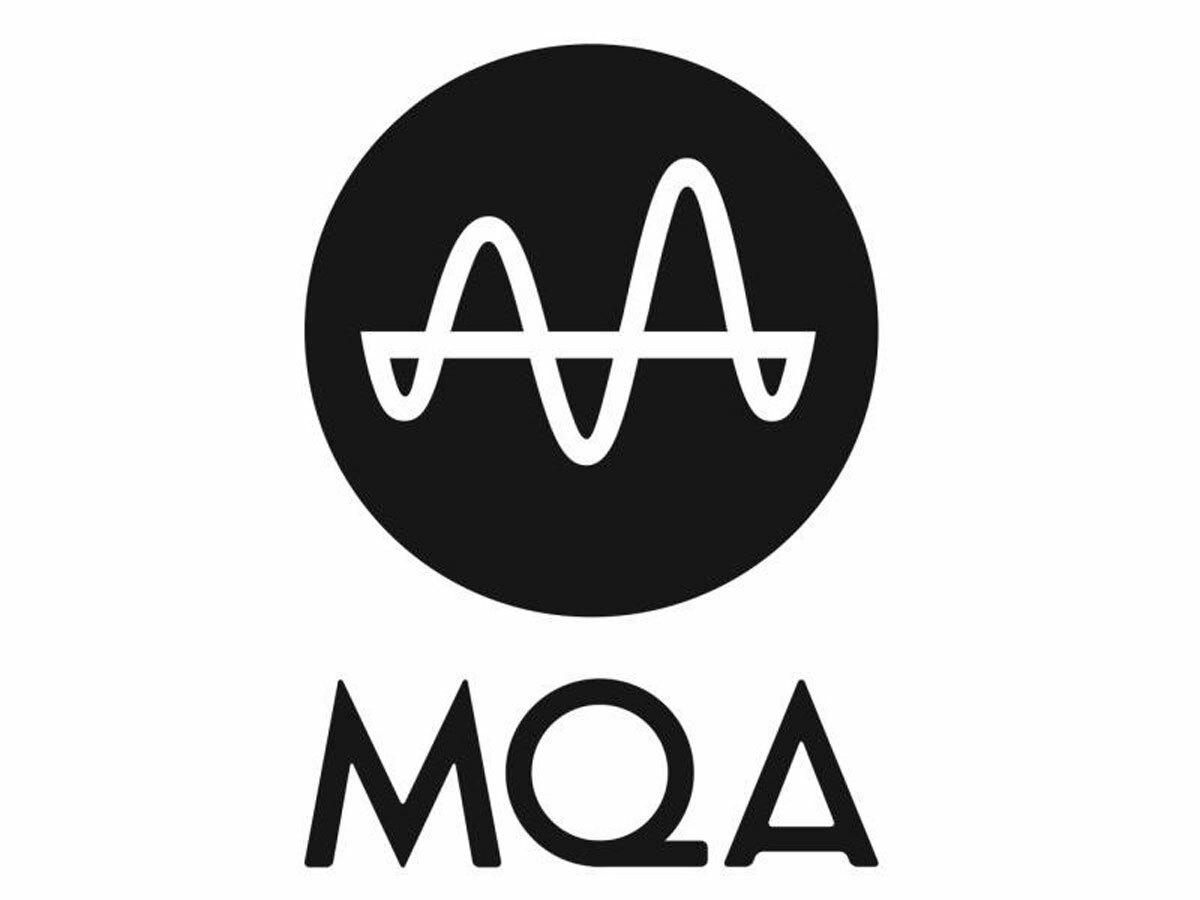
It’s a British technology, developed by Cambridgeshire-based hi-fi manufacturer Meridian Audio. MQA stands for “Master Quality Authenticated”, and it’s a codec that offers full lossless audio, but in data sizes small enough to be streamed (or downloaded quickly) through current broadband connections.
Talking to Stuff about the compression process, MQA’s Bob Stuart said: “We don’t chop or cut; we fold. There are areas of redundancy we can put information into, so every sample carries two or three times more info than before, but it appears small because it’s efficiently packed.”
The process works as follows: the original master recording is encapsulated by MQA into a new, smaller file. This file (which can be any standard lossless file wrapper such as FLAC, WAV or ALAC) can then be downloaded and played back on any audio device – your home stereo, your car stereo, your smartphone – at better than CD quality. But that’s not all, because if you have hardware with an MQA-compatible decoder (see the section below for some examples), it can play at an even higher quality – that of a true studio master recording, in fact.
“The info for high-resolution file renderings is losslessly buried or hidden in areas 1000 times below silence,” Bob Stuart explains. That means it’ll sound good on an iPad, better on certain Android phones with built-in DACs and its very best through an MQA-compatible decoder able to unlock its 384kHz ‘extreme quality'”.
“MQA” versus “MQA Studio”
What you need to listen to it
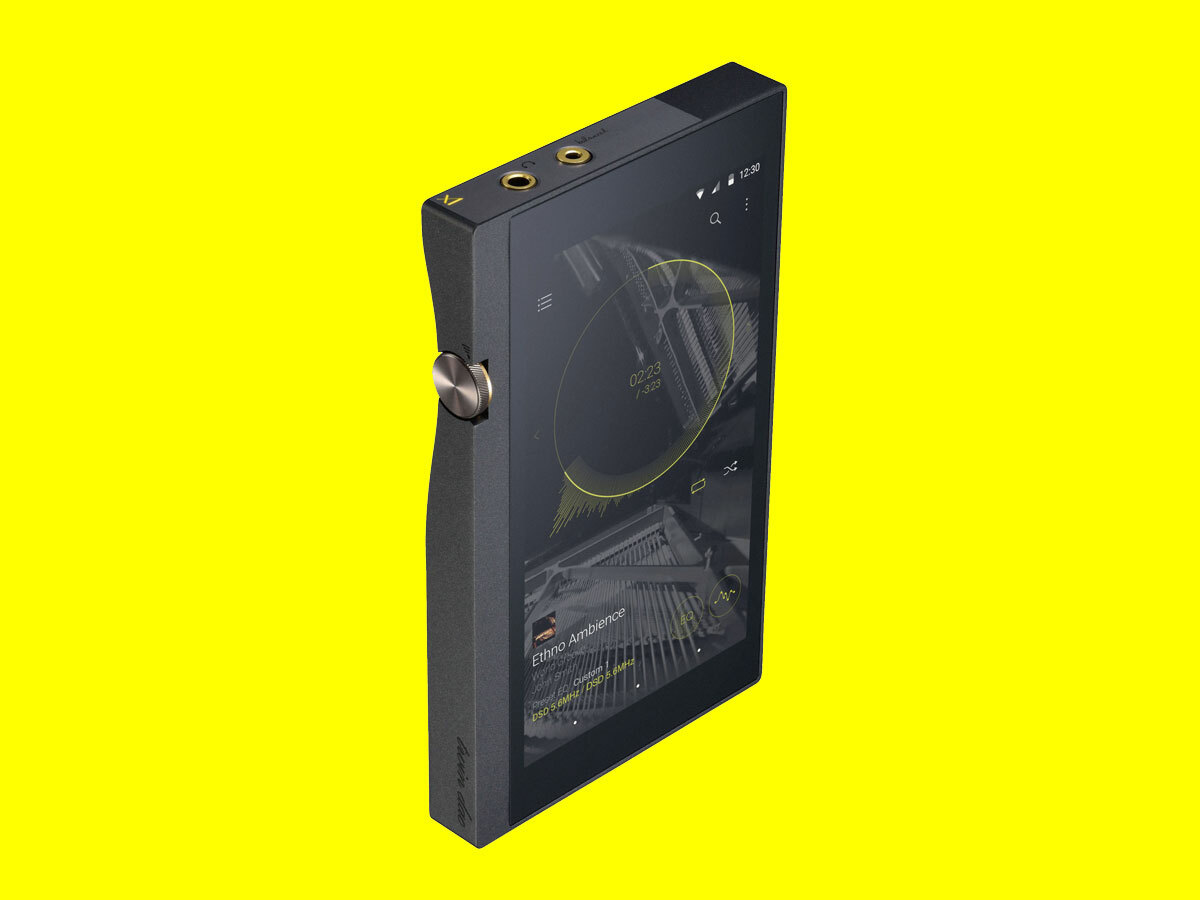
As we say, you can listen to MQA files on a wide variety of existing products – basically anything that can handle FLAC, ALAC (Apple Lossless) or WAV will play MQA music at higher than CD quality.
But for the real ear-candy, you’re going to want to play them on hardware specially equipped for full MQA decoding. These products are able to fully “unfold” MQA files and recover all the information from the original studio recording.
On the portable front, there’s the Pioneer XDP-100R (£500) and Onkyo DP-X1 (pictured above, £700) pocket music players. And at CES in January, HTC demonstrated a proof-of-concept One A9 smartphone able to play MQA at full quality – but no actual mobile product has been launched yet.
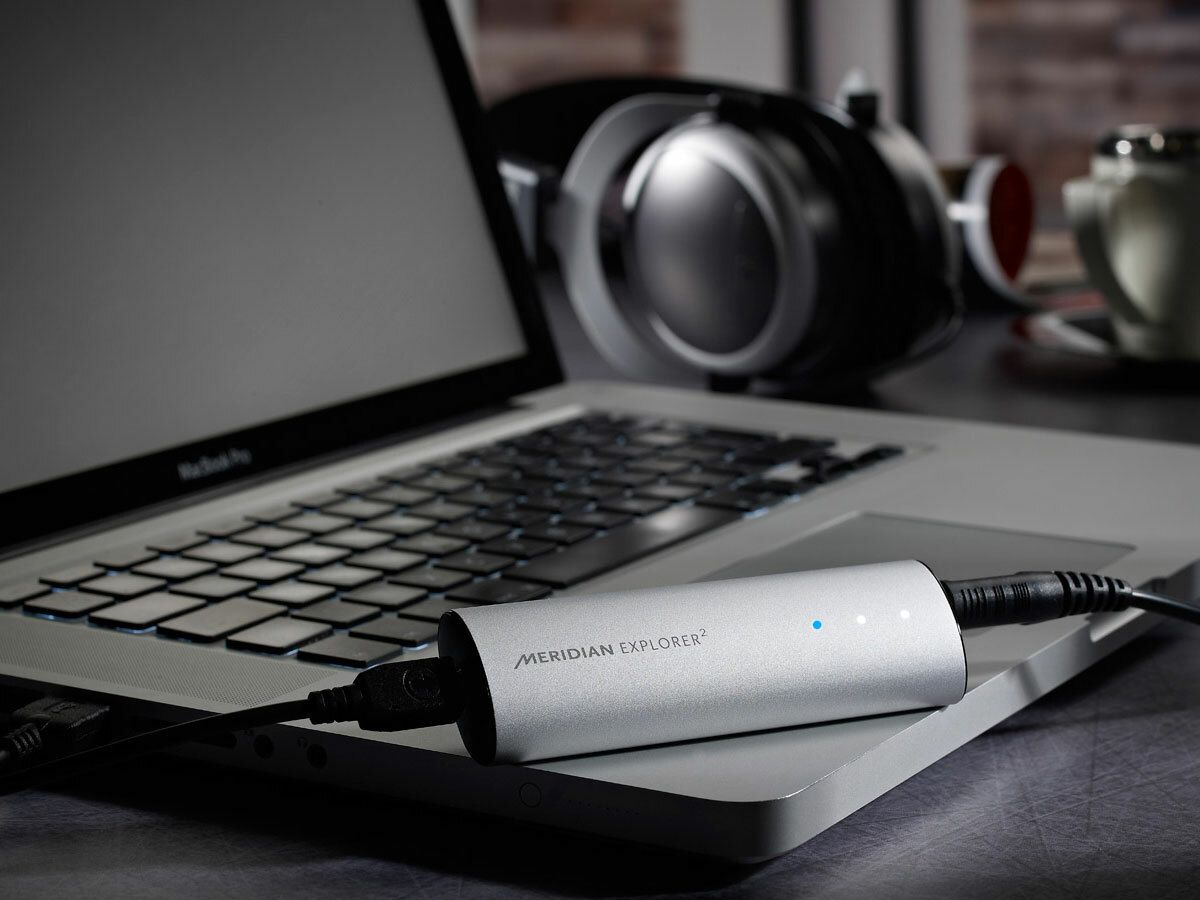
For home audio, MQA is now supported in a variety of Meridian products (unsurprisingly, given it’s the company where MQA originated), including the Explorer 2 DAC, the Prime headphone amplifier, the 808v6 CD player and all the company’s 40th Anniversary systems.
While none of the audio giants have adopted MQA decoding in their home gear just yet, it’s popping up in some specialist products such as the Mytek Brooklyn DAC and Bluesound’s range of multi-room systems.
Crucially, many of these products have added MQA decoding via firmware updates, meaning you may not have to buy brand new gear to get compatibility.
MQA and Meridian
What you can listen to
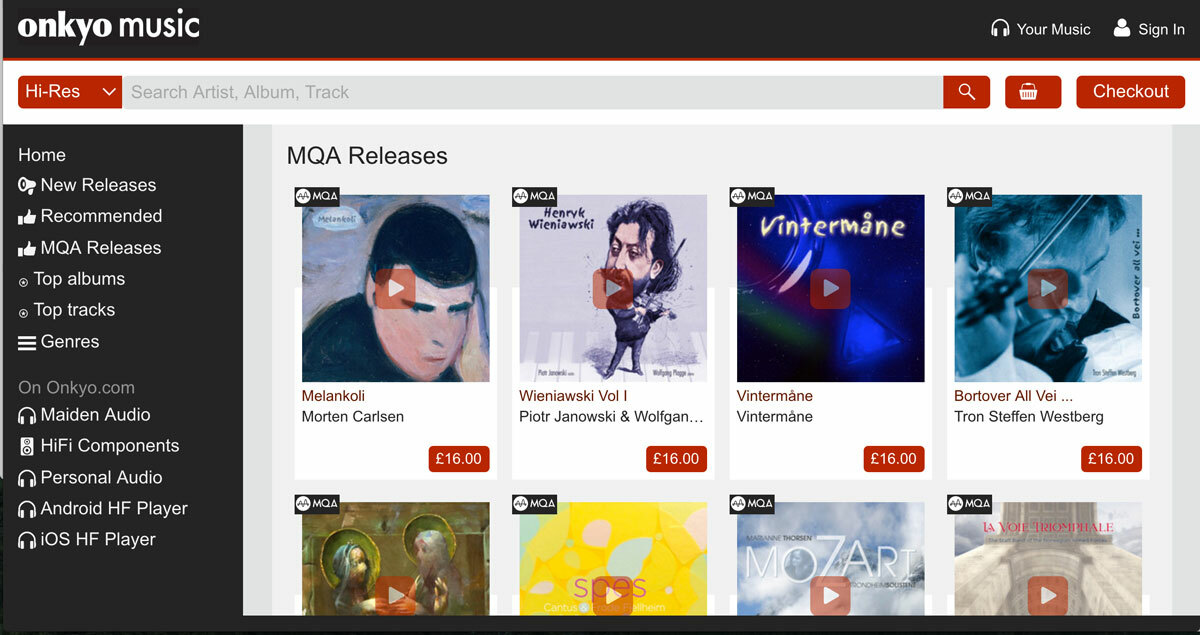
OK, so you’ve got the gear. Time to find something to hear.
And here we encounter the current problem with MQA: there’s not really much content in the format available right now. If you want to purchase and download music in MQA, there are a handful of sites, including Onkyo Music, HighResAudio, 2L and 7digital. But if you like pop, rock, hip-hop or anything besides avant-garde, jazz or classical, you’re not going to find much worth listening to. At the time of writing, only Onkyo Music and HighResAudio appear to have more than one album available in MQA format. The latter has a pretty extensive collection – but again, no pop.
It’s even slimmer pickings if you’re a streamer. Tidal is an official MQA partner and plans to add MQA music to its streaming library, but at the time of writing there’s no firm date. We’ll update this piece when that changes, of course.
Hopefully, MQA’s focus on convenience as well as quality can help it escape the trap that so many audiophile-friendly music formats fall into: dearth of content. SACD, DVD-Audio and FLAC are all wonderful on the ears, but without a wealth of albums available across all genres, none of them have reached household name status.
There are good signs, however. In May 2016, MQA signed a long-term deal with Warner Music Group, paving the way for releases from one of the world’s biggest record labels (artists on WMG include Prince, Coldplay, Led Zeppelin, Neil Young, Major Lazer… and Jason Derulo) and is also working on securing similar partnerships with Sony and Universal.
Again, there’s no firm date on when the Warner material might materialise, but it’s a fair bet to assume some will be available for purchase by the end of 2016.
If MQA can secure the right partnerships and ensure a steady supply of releases arrive with full support for its master-quality audio, there’s every reason to think it’ll succeed where other high-end formats have withered or stagnated.
Audiophiles have long insisted that the rest of us are missing out by listening to compressed digital music, but have never offered up an alternative that matches the convenience of compressed downloads and streams. If MQA fulfils its potential, it might just be that alternative.

